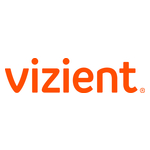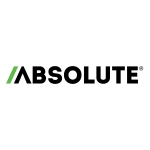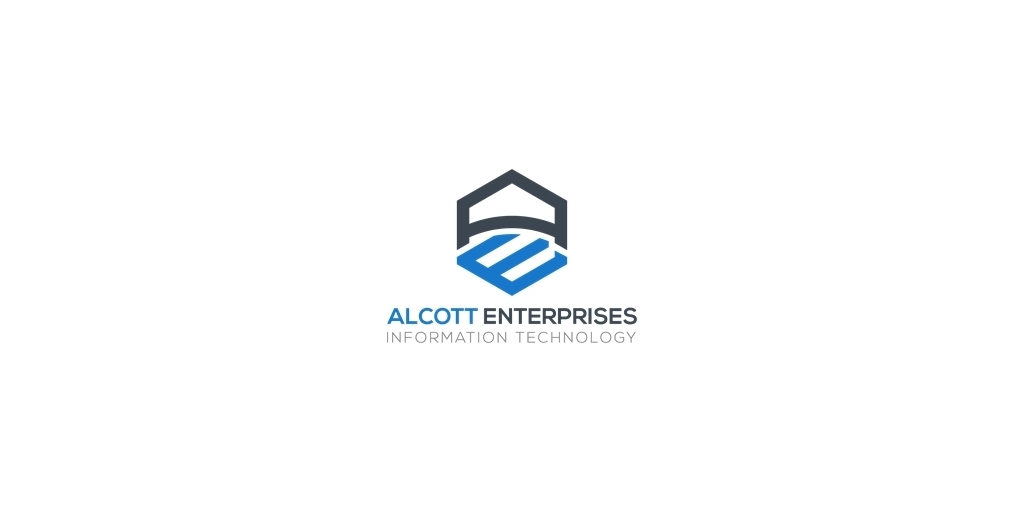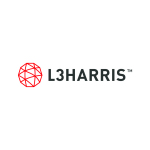
Vizient Assesses CABG, Factors Affecting Orthopedic Procedures in Ambulatory Settings
Donna Ledbetter
(972) 830-6321
donna.ledbetter@vizientinc.com
Vizient, Inc. assesses coronary artery bypass graft (CABG) techniques and costs as well as factors affecting orthopedic procedures in non-acute settings in the latest Medical Device Tech Watch. The publication also reviews advancements in internal leg lengthening for children with congenital femoral deficiency. Read Medical Device Tech Watch.
"Every service line encounters a unique set of challenges, but the overarching objective remains the same – achieving optimal patient outcomes," said Bonnie Lai, senior vice president and general manager of Vizient physician preference item spend management. "Our focus is on supporting healthcare providers to maximize the impact of every dollar spent on medical devices, including new innovations."
Featured articles include:
Coronary artery bypass: assessing procedural techniques and variable costs — As coronary artery disease continues to grow over the next decade, the number of CABG procedures is projected to grow as well. It’s crucial for healthcare providers to have strategic conversations with multiple stakeholders across the organization (supply chain, physicians, strategy, quality, finance, operations, etc.) to evaluate and improve both the financial and clinical aspects of CABG procedures. These conversations will help ensure cardiac surgery program sustainability and improve patient outcomes. New analysis of data from Vizient Procedural Analytics provides a breakdown of costs for supplies used during a case, including costs of endoscopic vein harvesting kits and cardiac perfusion, which provides oxygen to the heart during surgery.
Seven factors affecting orthopedic procedures in non-acute settings — Orthopedic outpatient (OP) procedures are expected to grow more than 13% over the next decade, according to Sg2, a Vizient company, which also provides an orthopedics procedures forecast by inpatient-OP settings. As orthopedic procedures become more complex and common, providers must continually consider the unique challenges of this service line — including staff training, regulatory requirements and patient education — and how they affect high standards of patient care, operational efficiency and financial sustainability.
Internal leg lengthening: Advancements lead to improved care for children with congenital femoral deficiency — The field of internal leg lengthening continues evolving, spurred by technological advancements and a growing understanding of bone biology. Recent innovations, such as improved devices, expanded clinical applications and enhanced rehabilitation, are expanding treatment boundaries. While the advancements offer tremendous potential, providers are urged to recognize the challenges associated with the procedure to navigate its complexities so that they can leverage emerging technologies that have the potential to revolutionize the field.
Learn more about Medical Device Tech Watch.
About Vizient, Inc.
Vizient, Inc., the nation’s largest provider-driven healthcare performance improvement company, serves more than 65% of the nation’s acute care providers, including 97% of the nation’s academic medical centers, and more than 35% of the non-acute market. The Vizient contract portfolio represents $140 billion in annual purchasing volume enabling the delivery of cost-effective, high-value care. With its acquisition of Kaufman Hall in 2024, Vizient expanded its advisory services to help providers achieve financial, strategic, clinical and operational excellence. Headquartered in Irving, Texas, Vizient has offices throughout the United States. Learn more at www.vizientinc.com.
View source version on businesswire.com: https://www.businesswire.com/news/home/20241113234005/en/











